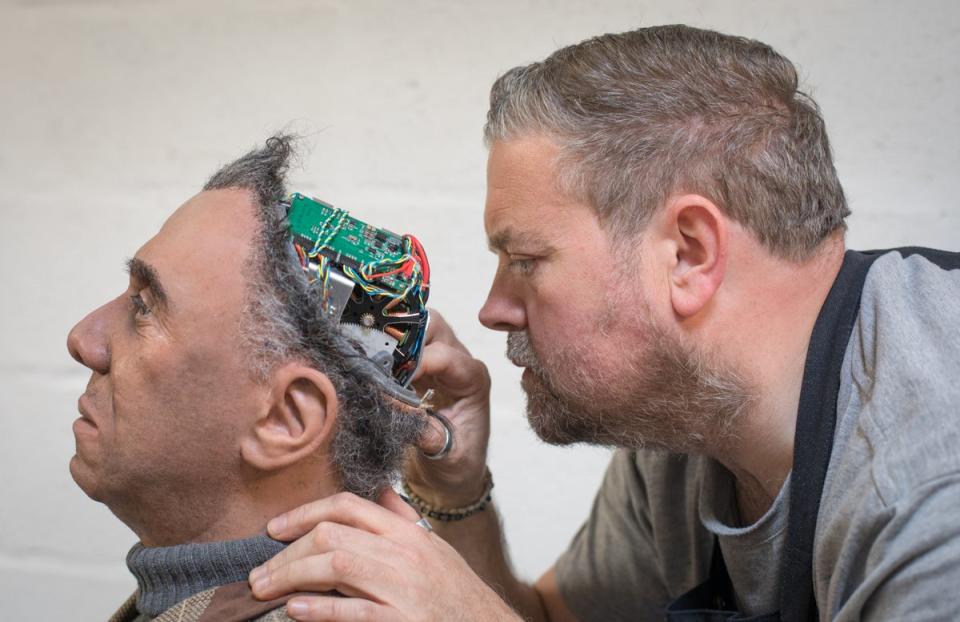Scientists reveal plan to make computers out of brain

Scientists want to create computers out of the same materials that power the human brain.
Computer developers have long looked to emulate the performance of the human brain, especially with artificial intelligence. But those techniques have never been able to match the variety of achievements that humans have made while using their own organic brains.
Scientists now hope that by building biocomputers, made out of three-dimensional collections of brain cells, could help them get closer to that dream. They would work as something like biological hardware that would allow for the rapid development of new kinds of computers, they claim.
Researchers have already trained such a brain-based computer to play the video game Pong, and hope to scale it up and replicate it so that it can produce a kind of new capability that is akin to artificial intelligence.
“We call this new interdisciplinary field ‘organoid intelligence’ (OI),” said Thomas Hartung of Johns Hopkins University. “A community of top scientists has gathered to develop this technology, which we believe will launch a new era of fast, powerful, and efficient biocomputing.”
A host of researchers have proposed new work that would look at brain organoids to power computers. Those are grown in a lab but share important aspects of the function and patterns of the brain, including many of the cells that are used for things like learning and memory.
Researchers hope that would allow such biocomputers to learn much more quickly than silicon-based computers. The organic computers would also be more efficient, they hope, as well as able to store far more detail.
“Brains also have an amazing capacity to store information, estimated at 2,500TB,” Hartung said.
“We’re reaching the physical limits of silicon computers because we cannot pack more transistors into a tiny chip. But the brain is wired completely differently. It has about 100bn neurons linked through over 1015 connection points. It’s an enormous power difference compared to our current technology.”
A host of work is required before the biocomputers could be anything like practical for actual use. They would need to be much bigger – current brain organoids have about 50,000 cells, but scientists would need 10 million of them for organic intelligence – as well as being able to communicate them by sending and receiving information to understand what they are thinking.
As well as improving computing, the organic computers could also help tell us more about the brains that inspired them. Researchers could compare how healthy organoids learn with that of people who may have neurological conditions, for instance, as well as testing how substances damage the brain.
Researchers note that producing brain that are able to learn, remember – and perhaps even understand – in the same way that humans do could bring ethical challenges.
“A key part of our vision is to develop OI in an ethical and socially responsible manner,” Hartung said. “For this reason, we have partnered with ethicists from the very beginning to establish an ‘embedded ethics’ approach. All ethical issues will be continuously assessed by teams made up of scientists, ethicists, and the public, as the research evolves.”
The new work is described in a paper, ‘Organoid intelligence (OI): The new frontier in biocomputing and intelligence in-a-dish’, published in the journal Frontiers in Science.

 Yahoo Finance
Yahoo Finance 